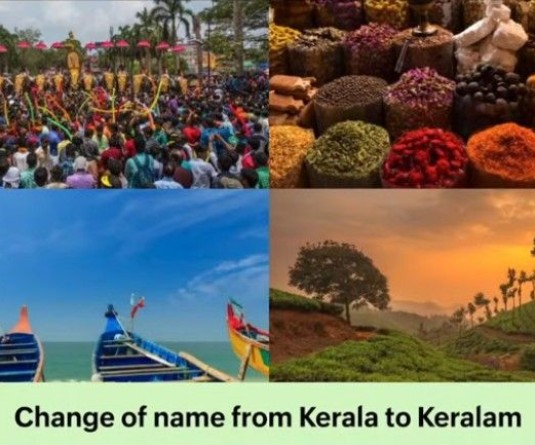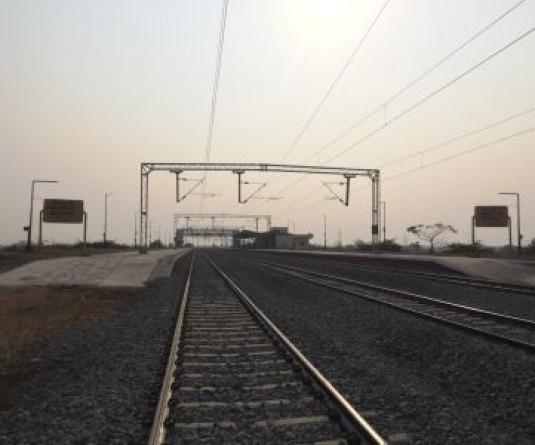
Jaipur | January 18 : The increasing trend of teenagers indulging in sex is not just an urban phenomenon. A recent survey in rural Rajasthan shows pre-marital sex is rampant among youngsters in the 13-19 age-group. The survey ‘adolescent sexual behaviour and HIV/ AIDS’ was carried out by Aide et Action (AeA), supported by the United Nations Development Programme (UNDP), the National AIDS Control Organisation and the Rajasthan State AIDS Control Society. AeA is an international development organisation.
In all, 933 teenagers - 483 girls and 450 boys - from 480 villages in six districts of the state were asked several questions regarding their sexual behaviour. The districts covered were Jaipur, Udaipur, Alwar, Barmer, Jodhpur and Ajmer.
Unsurprisingly, the survey confirms the high prevalence of child marriages in Rajasthan. What has come as a major cause of concern is that a rising number of youngsters in rural areas of the state are indulging in unsafe sex, exposing themselves to the risk of HIV/ AIDS and other sexually transmitted diseases.
Of the 933 teenagers, 11.58 per cent refused to respond to the questions asked, while 56.17 per cent denied having indulged in sexual intercourse. But 32.15 per cent replied in the affirmative, which means more than 300 respondents admitted to having sex.
Of these, 35.47 per cent had sex with their spouse, which is indicative of the child marriage practice in the state. However, a scandalising 64.53 per cent had indulged in the act with friends, neighbours, sex workers and even relatives, among others.
The figures suggest 45.66 per cent (of the 310 teenagers) had sex with more than one partner. But the study says the actual number is difficult to know. Analysis of the data showed the number of youngsters across the category of sex partners exceeded the total number of teenagers who admitted to having sex with multiple partners. Thus, the number of respondents who had sex with more than one partner would be greater than the number of those who accepted this fact, the study noted.
The survey shows the prevalence of teenagers having pre- marital relationship, with married women in rural areas. This was attributed to the fact that work keeps husbands away from their villages for a long time.
According to AeA’s regional manager Aishwarya Mahajan, the purpose of the study was to draw the attention of the government and non- government agencies to the problem of unsafe sex in rural areas, which has exposed an increasing number of teenagers to HIV/ AIDS. The fact is borne out by numbers - a huge 70.33 per cent of the teenagers who had sex didn’t use condoms during the act.
This, despite the fact that the awareness level about HIV/ AIDS was fairly high. In fact, the six districts were selected because of the target group’s high vulnerability vis- Ã - vis HIV, Mahajan said. Teenagers in Alwar and Jaipur fared better in the use of condoms while those of Udaipur and Ajmer were the least protected.
Udaipur registered the highest incidence of adolescent sex, followed by Barmer and Jodhpur. The district also had the highest number of teens having sex with multiple partners, with Jodhpur and Barmer taking the next two places. Preference for sex workers among the teens was highest in Barmer, followed by Jodhpur. Half the respondents accepted that they had been informed about the changes in their bodies.
Though a majority of the teens were aware about the development of reproductive organs, they had little knowledge about their functions.
The social profile of the respondents shows the problems of illiteracy, lack of employment opportunities and the tradition of child marriage continue to plague the rural areas of the state.
In all, 933 teenagers - 483 girls and 450 boys - from 480 villages in six districts of the state were asked several questions regarding their sexual behaviour. The districts covered were Jaipur, Udaipur, Alwar, Barmer, Jodhpur and Ajmer.
Unsurprisingly, the survey confirms the high prevalence of child marriages in Rajasthan. What has come as a major cause of concern is that a rising number of youngsters in rural areas of the state are indulging in unsafe sex, exposing themselves to the risk of HIV/ AIDS and other sexually transmitted diseases.
Of the 933 teenagers, 11.58 per cent refused to respond to the questions asked, while 56.17 per cent denied having indulged in sexual intercourse. But 32.15 per cent replied in the affirmative, which means more than 300 respondents admitted to having sex.
Of these, 35.47 per cent had sex with their spouse, which is indicative of the child marriage practice in the state. However, a scandalising 64.53 per cent had indulged in the act with friends, neighbours, sex workers and even relatives, among others.
The figures suggest 45.66 per cent (of the 310 teenagers) had sex with more than one partner. But the study says the actual number is difficult to know. Analysis of the data showed the number of youngsters across the category of sex partners exceeded the total number of teenagers who admitted to having sex with multiple partners. Thus, the number of respondents who had sex with more than one partner would be greater than the number of those who accepted this fact, the study noted.
The survey shows the prevalence of teenagers having pre- marital relationship, with married women in rural areas. This was attributed to the fact that work keeps husbands away from their villages for a long time.
According to AeA’s regional manager Aishwarya Mahajan, the purpose of the study was to draw the attention of the government and non- government agencies to the problem of unsafe sex in rural areas, which has exposed an increasing number of teenagers to HIV/ AIDS. The fact is borne out by numbers - a huge 70.33 per cent of the teenagers who had sex didn’t use condoms during the act.
This, despite the fact that the awareness level about HIV/ AIDS was fairly high. In fact, the six districts were selected because of the target group’s high vulnerability vis- Ã - vis HIV, Mahajan said. Teenagers in Alwar and Jaipur fared better in the use of condoms while those of Udaipur and Ajmer were the least protected.
Udaipur registered the highest incidence of adolescent sex, followed by Barmer and Jodhpur. The district also had the highest number of teens having sex with multiple partners, with Jodhpur and Barmer taking the next two places. Preference for sex workers among the teens was highest in Barmer, followed by Jodhpur. Half the respondents accepted that they had been informed about the changes in their bodies.
Though a majority of the teens were aware about the development of reproductive organs, they had little knowledge about their functions.
The social profile of the respondents shows the problems of illiteracy, lack of employment opportunities and the tradition of child marriage continue to plague the rural areas of the state.






